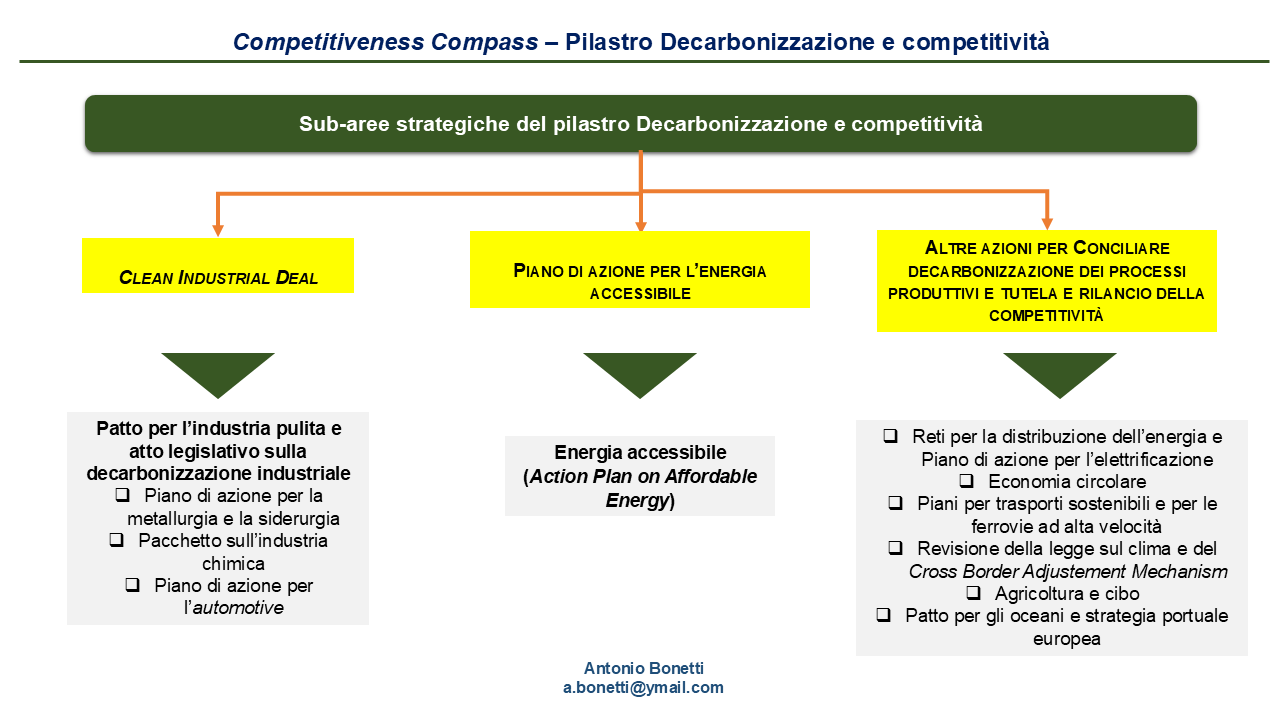“In the long term, an innovation in social services or education
will be as important as an innovation
in the pharmaceutical or aerospatial industry.“Diogo Vasconcelos (1968 – 2011)
Former Chairman of SIX – Social Innovation eXchange
Social innovation and social entrepreneurship as drivers of sustainable economic growth
Against the bleak background of a prolonged and very painful recession, the European Union keeps on suggesting fiscal consolidation as the best way to re-establish structural foundations for sustainable growth (see the July 2013 European Council recommendations to the euro area).
This predominant macroeconomic policy consensus in Europe is widely arguable. From my point of view, the never-ending recession in Europe, the increase in unemployment and poverty, and even the rising dissatisfaction of the people with the EU are largely side-effects of fiscal austerity (1).
On the contrary, I am convinced that, since the launch of the “Europe 2020” strategy (March 2010), the EU has been undertaking convincing innovations in its competitiveness and industrial policy.
The article gives an account of the much appreciated initiatives that the European Commission is carrying out to pursue the following objectives: (i) to find new ways of addressing old and new social problems (“social innovation”); (ii) to sustain the start up and the development of social enterprises, because they could be an important lever for combining objectives of economic recovery and social inclusion.
The European Commission (EC) has put a wide concept of innovation at the heart of the “Europe 2020” strategy. As stated in the Communication on the Flagship Initiative “Innovation Union”, “our capacity to create millions of new jobs to replace those lost in the crisis and, overall, our future standard of living depends on our ability to drive innovation in products, services, business and social processes and models.” (2)
Social Innovation is regarded as front and center in the search for “new solutions to societal challenges.” In particular, in the ‘BEPA Report’ it is pointed out that “Social innovation can be defined as the development and implementation of new ideas (products, services and models) to meet social needs and create new social relationships or collaborations. It represents new responses to pressing social demands, which affect the process of social interactions. It is aimed at improving human well-being. Social innovations are innovations that are social in both their ends and their means. They are innovations that are not only good for society but also enhance individuals’ capacity to act.” (3)
In addition, over the recent years the EC has widely stated the importance of alternative forms of entrepreneurship, named social enterprises or social businesses, in order to meet objectives of sustainable growth as well as objectives of social inclusion.
As stated in the report ‘Social Economy and Social Entrepreneurship’, “in Europe the concept of social enterprise is increasingly used to identify a ‘different way’ of doing business, which occurs when enterprises are created specifically to pursue social goals.” (4)
To be more specific, the EC considers these innovative concepts absolutely intertwined. “Social enterprises contribute to smart growth by responding with social innovation to needs that have not yet been met; they create sustainable growth by taking into account their environmental impact and by their long-term vision; they are at the heart of inclusive growth due to their emphasis on people and social cohesion.” (5)
The political promotion of Social Innovation (SI) was initiated by the EC president Barroso in 2009, who adopted the approach suggested by the late Diogo Vasconcelos.
The Social Innovation Europe Initiative was launched by the EC on the 16th and 17th of March 2011.
The key actions of this Initiative are: (i) to publish reports and recommendations in order to sustain and scale-up the best actions, (ii) to provide, through the website http://www.socialinnovationeurope.eu up-to-date information on EU actions in the field, (iii) to support the start of new partnerships interested in Social Innovation across sectors and across States.
In the same year, the EC started the Social Business Initiative (SBI) in November 2011, shortly after it issued the Communication on SBI on the 25th of October. The aim of the SBI is to boost both the debate over these innovative ways of doing business and those public interventions that best suit the purpose of creating a favourable eco-system for social enterprises (see the page http://ec.europa.eu/internal_market/social_business/index_en.htm).
Finally, it is worth mentioning the ‘Entrepreneurship 2020 Action Plan’, that was started in January 2013. (6)
The new EU Initiative “Have your say on Social Entrepreneurs”
The EC is playing a key role in boosting both Social Innovation and social entrepreneurship.
Nevertheless, there are two shortcomings in this evolution to a well-defined “Social Enterprise Agenda” of the EU:
- the aforementioned ‘Entrepreneurship 2020 Action Plan’ does not mention the importance of social enterprises explicitly;
- none of the recommendations suggested by the European Commission’s expert group on Social Entrepreneurship have been taken into account in the Single Market Act 2 (SMA2) passed in 2012. This is why one of the members launched a “wake-up call”, aimed at underlining the risk of a waning interest in this very important agenda, in February 2013 (7).
Fortunately, it seems that a recent new EU initiative regarding social entrepreneurship has put this theme on the top of the EU’s political agenda again.
Recently, DG Enterprise and Industry has launched the event “Social Entrepreneurs – Have your say” (see the page http://ec.europa.eu/internal_market/conferences/2014/0116-social-entrepreneurs/index_en.htm). This event will be held in Strasbourg (specifically the Strasbourg Palais des Congrès), on the 16th and 17th of January 2014.
For the time being, the programme of this 2-day event is centred on the following themes: social problems in Europe, social change and social innovation, increasing need for more socially-minded entrepreneurs throughout Europe, progress of the SBI to date, the best initiatives to further ownership among governments and other institutions on “Social Enterprise Agenda”, and the best ways to sustain social start uppers.
But what really matters is that we can regard this new initiative as a real public consultation on these issues, open to all citizens. Thus, we still have more than two months to have our say on these themes, key to both economic recovery and social inclusion.
To conclude, I am in complete agreement with the position of the EC that Have your Say (on Social Entrepreneurs) “is a great opportunity for all those interested in the field to come together, ‘united in diversity’, to co-create a coherent pathway and continue building a healthy and vibrant social entrepreneurship sector right across Europe.”
References
(1) Two recent contributions very interesting are: Buti M., and Carnot N. (2013), “The debate on fiscal policy in Europe: beyond the austerity myth”, ECOFIN Economic Brief, Issue 20; Blyth M. (2013), Austerity. The History of a Dangerous Idea, Oxford, Oxford U.P.
(2) European Commission (2010), Europe 2020. Flagship Initiative Innovation Union, COM (2010)546 final
(3) Hubert, A. (2010), Empowering People, Driving Change: Social innovation in the European Union, Bureau of Policy Advisors – BEPA, Brussels
Also see: European Commission (2013), Guide to Social Innovation, Luxembourg
(4) European Commission (2013), Social Economy and Social Entrepreneurship. Social Europe Guide. Volume 4, Brussels
Also see: European Commission – OECD (2013), Policy Brief on Social Entrepreneurship. Entrepreneurial Activities in Europe
(5) European Commission (2011), Social Business Initiative. Creating a Favourable Climate for Social Enterprises, Key Stakeholders in the Social Economy and Innovation, COM (2011)682 final
(6) For more information see, European Commission (2012), Communication on the Entrepreneurship 2020 Plan. Reigniting the entrepreneurial spirit in Europe, COM (2012)795 final
(7) See Addarii F. (2013), Is the European social enterprise agenda losing steam?, Euractive









